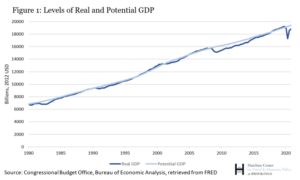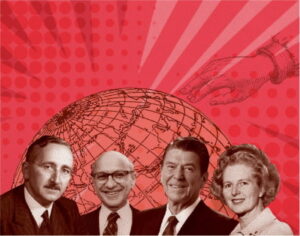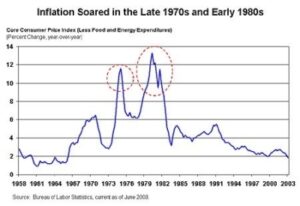This post is part of a series about a discussion (framed as a debate) between Gillian Tett and Yanis Yaroufakis on the subject of saving capitalism. If you found this post via an Internet search, it probably makes sense to start with the first post in the series, the link to which can be found above, and here.
Saving capitalism via property rights over data?
Yanis agrees with Gillian that we need to change property rights over the data the technology platforms collect about us.
Yanis again mentions his book “Another Now: Dispatches from an Alternative Present”, in which he covered this topic and proposes an idea of tiny micropayments which provide people with ownership rights to their data.
He then points out that data portability doesn’t solve the concentration of power at a company like Facebook because their value comes from the fact that people join Facebook because everyone else is on Facebook, and if that were not the case, it would be less valuable to them.
And, because this “network effect” is an inherent part of the value to users, there is nothing we can do about that by requiring data portability.
Gillian points out that teenagers have abandoned Facebook as their tastes have changed.
Yanis replies this applies to all platforms (which in my opinion helps support Gillian’s idea).
He then talks about how with Amazon, there is an entire non-competitive market ecosystem entirely built on the corporate power of one company, and how there is nothing that can be done about this if we stick to the idea of “liquid property” which is owned and traded in share markets.
Is capitalism influencing harm to our environment, and can it reverse this?
Anne points out that many people claim capitalism has played a role in encouraging pollution leading to global warming, etc, and are skeptical capitalism can help us reverse this.
Gillian refers to the fourth part of Adam Smith’s vision of capitalism, which she reminds us is “A shared moral, ethical, and legal framework must exist, which provides a foundation of shared values and shared trust”, and our need to move from “tunnel vision” to “lateral vision”.
She states most of the tools we developed in the late 20th century to help us make sense of the world, like economic models, corporate balance sheets, are all very marked with and bound by tunnel vision.
Yanis interrupts to say that he agrees with her on this.
She states the way we treat things outside the model as “an externality” hasn’t gone well.
She states that treating the environment as an externality caused us to ignore the cost of environmental clean-up and who was going to pay for it.
Anne points out that is quite a big flaw in the capitalist argument (which seems true).
Gillian states that since we can measure that, we can put it into our models, and this would provide us very different views of how companies are valued, and she states there are ways of doing this. It’s called “impact weighted accounting”.
Yanis claims (or maybe points out) that such accounting would require regulations that will never exist as long as corporate power is so heavily concentrated.
Yanis explains that he had to cancel opportunities to meet with others over the summer because half of Greece burned down and he now leads a political party in Greece and the crisis of the fires kept him busy politically.
He then brings up the interesting (and obvious) idea of green growth and green degrowth stating that while there are things that need to grow, there are other things that need to shrink.
As regards the fires in Greece, he states the day after the fires died down, corporations arrived and took over the efforts to prevent the burned-out forests from becoming mud baths with the first rains.
Which sounds like a good thing.
The first thing they did was to offer contracts to a lot of the population who effectively signed away a set of rights for 20 years.
The second thing they did was to attempt to win new contracts for replanting the forests, using genetically modified trees that would grow very quickly, and would give them the right to later harvest biomass for purposes of green energy.
Yanis continued that if we allow them to do this, we’re going to have under the cover of green growth, the devastation of the flora and fauna of the land and the conversion of these areas into fiefdoms of Monsanto Bayer (Bayer bought Monsanto in 2018) who will have genetically poisoned the land, while making it very green.
He asks if this is the kind of green growth we want?
He closes by saying this is the kind of green growth we’ll get from the toxic monolith of Monsanto Bayer.
For what it’s worth, the audience applauded after this speech of his.



